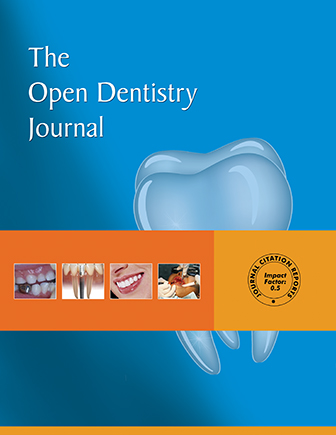All published articles of this journal are available on ScienceDirect.
Perspectives of Dental Practitioners Regarding Their Readiness for Medical Emergencies: A Study in Saudi Arabia
Abstract
Background:
Training dental practitioners on emergency preparedness and response is essential for the successful management of medical emergencies.
Objectives:
To assess the perceptions of dental practitioners in Saudi Arabia about their readiness to manage medical emergencies in the dental practices.
Methods:
This cross-sectional survey was conducted among dental practitioners working in 52 dental centers in Saudi Arabia. Questionnaires mainly gathered data on the measures taken by dental practitioners to prevent medical emergencies, BLS certification, availability of essential drugs and equipment, and perceptions of dental practitioners regarding the adequacy of their training for medical emergencies.
Results:
Of the total 270 participants, the majority reported that they take medical history (94%), perform visual inspection (90%), consult with patients’ physician when needed (89%), and modify treatment plan as necessary (94%). However, only 19% of them routinely take baseline vital signs for their patients and 52.6% have valid BLS certification. Only 29.6% and 16.3% of dental practitioners have reported that they have all essential drugs and equipment, respectively.
Conclusion:
The preventive measures for medical emergency appears to be deficient because most dental practitioners are not routinely taking baseline vital signs for their patients. This important issue is combined with shortage of BLS certification among dental practitioners and inadequate availability of all medical emergency drugs and equipment in dental practices.


